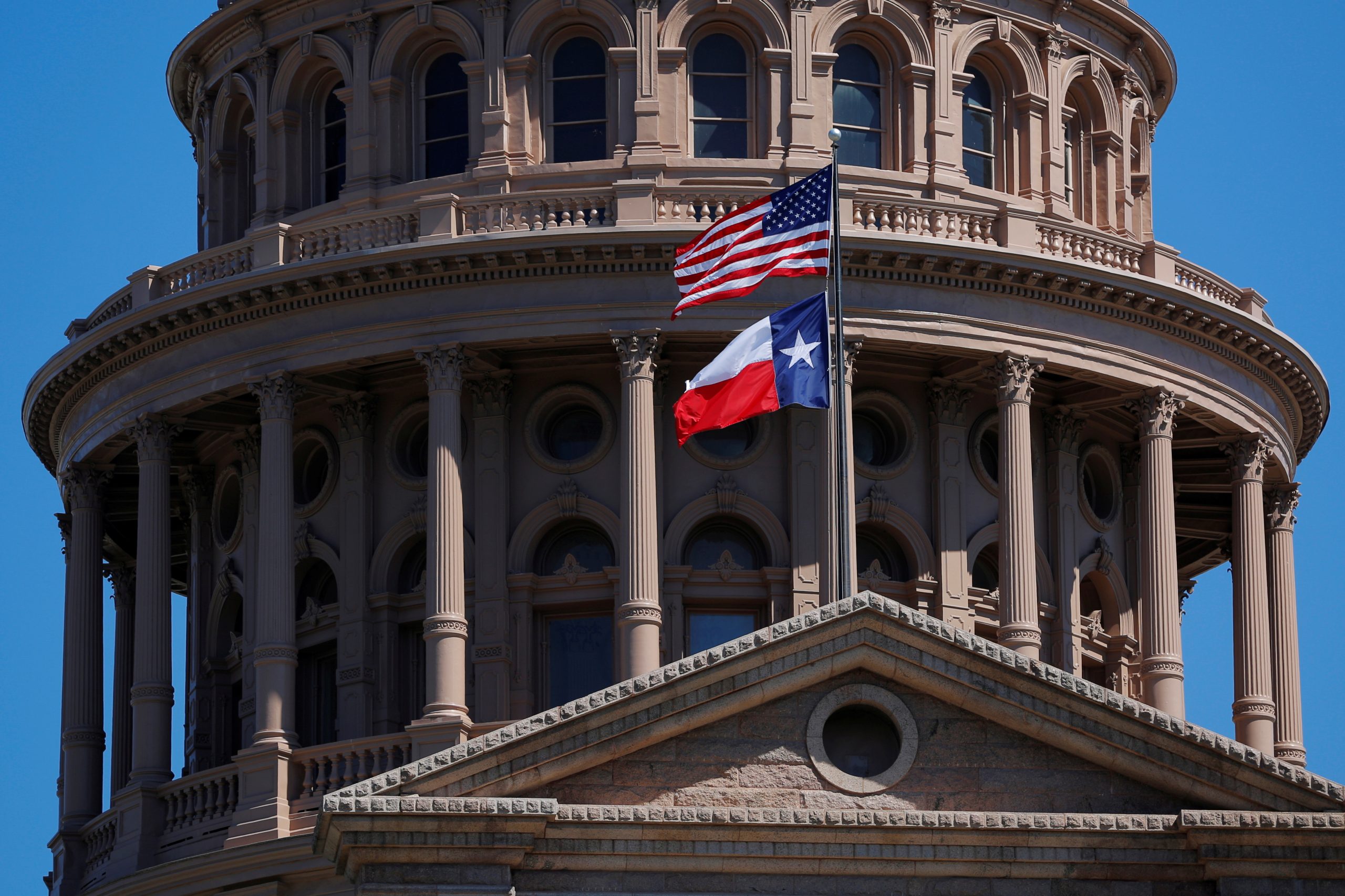A state district judge’s temporary order that had prevented Texas House Democrats from being arrested has been blocked temporarily by the Texas Supreme Court.
In July, Texas Gov. Greg Abbott (R) warned that House Democrats who fled the state over a voting bill would be arrested upon return. The Texas Supreme Court ruling means any of the lawmakers who made their way back to the state but continue to break quorum during the second session could be arrested following a vote by Texas House Republicans directing the sergeant-at-arms to compel attendance “under warrant of arrest if necessary,” as CNN reports.
The outlet also notes that on Tuesday, the Texas House Speaker’s office said that the Speaker had signed civil arrest warrants for 52 House Democrats who are not present without excuses.
According to CNN, the state’s supreme court issued a stay of Travis County State District Judge Brad Urrutia’s order. The group of Democrats has until Thursday evening to file a response.
After the Supreme Court ruling, Texas state Reps. Trey Martinez Fischer, Gina Hinojosa, and Jasmine Crockett released a joint statement. They were among the more than 50 Democrats who fled to Washington, D.C.
“It is no surprise that Republican Governor Greg Abbott and House Speaker Dade Phelan want to arrest their political opponents. Thankfully, this is still the United States of America. We will defend the freedom to vote, and we look forward to our temporary injunction hearing on August 20th,” they said.
Abbott’s press secretary Renae Eze responded in a statement, saying, “We look forward to the Supreme Court upholding the rule of law and stopping another stall tactic by the Texas Democrats.”
A lawsuit filed by 22 of the Democrats who fled the state said their civil rights were violated when Texas officials attempted to force them to return to work.
The lawmakers said they were “deprived of liberty for substantial periods of time, suffered much anxiety and distress over separation from their families, and much discomfort and embarrassment.”
They also argued there were “retaliatory attacks, threats and attempts at coercion relating to the exercise of their First Amendment rights” against them.
























